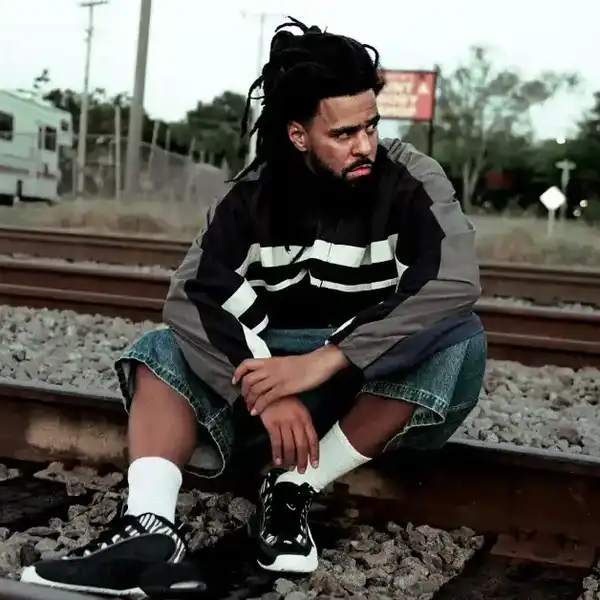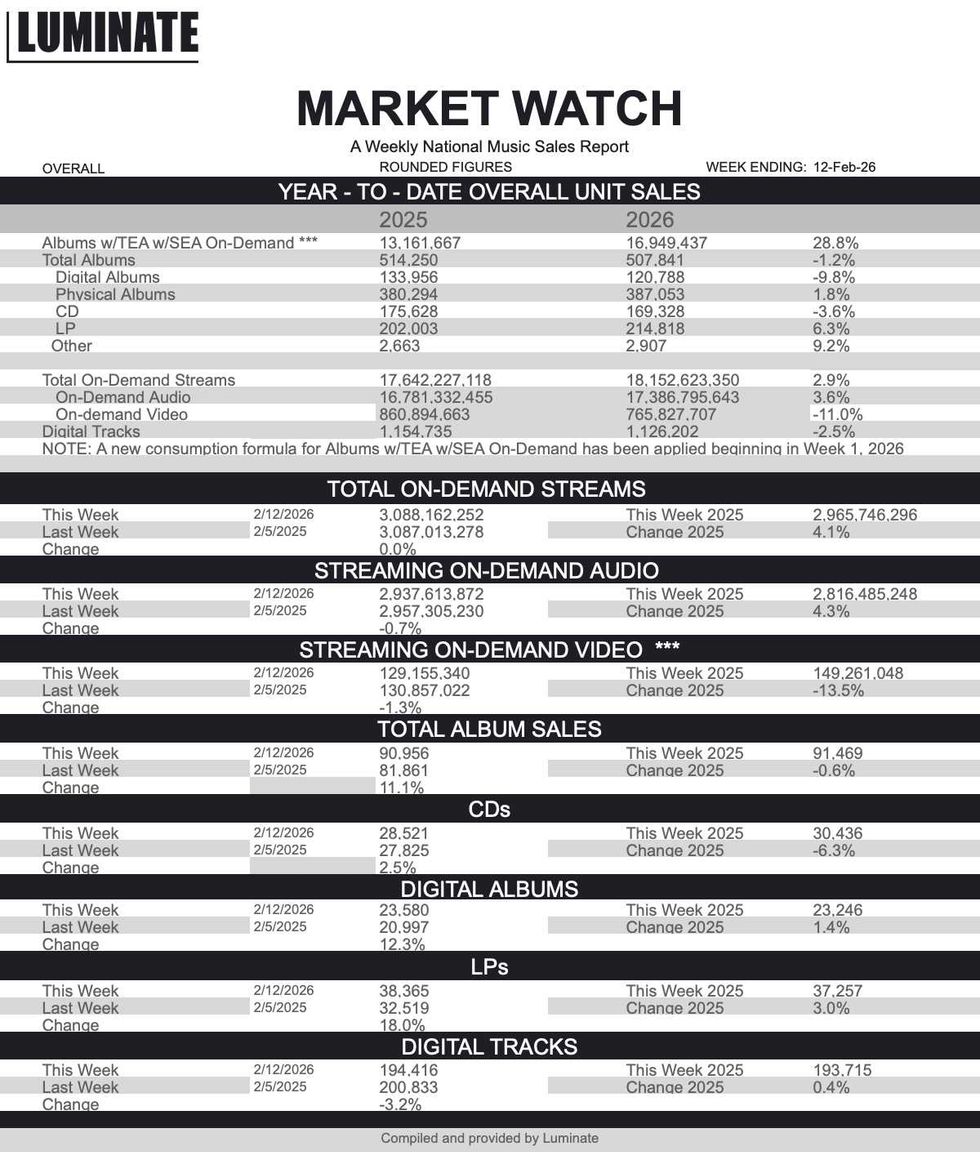Why Musicians Should Trademark Their Band Names (Guest Column)
Protecting your stage or band name can save costly and reputation-damaging legal battles down the line, as some high-profile acts have recently learned the hard way.

Canadian rockers Randy Bachman (pictured) and Burton Cummings recently settled a long legal dispute with their former bandmates over the rights to the Guess Who name.
For musicians, stage names are extremely important – and also surprisingly fragile.
Classic rock legends The Guess Who recently learned this lesson the hard way. After a lengthy public battle, former members of the Canadian band settled a long dispute about who had the rights to perform using the trademarked name.
The members of the hip-hop group Fugees are in the middle of a similar dispute, in part over trademark ownership rights to the band’s name.
In both cases, souring personal and creative relationships have had legal ramifications because of a lack of protections.
For musicians, a stage name or band name is not just a label, but a symbol of the artist’s persona, style and the emotional connection they create with their audience. It’s often the cornerstone of their brand identity.
However, that name, and the recognition it brings, can be vulnerable if not adequately protected.
How can musicians protect their names?
In an increasingly competitive and digital landscape, the importance of securing exclusive rights to a name cannot be overstated.
One of the most effective ways musicians can safeguard their name and brand is by registering a trademark.
A trademark is a type of intellectual property protection that grants exclusive rights to use a particular word, phrase, symbol or design in connection with specific goods or services. Once registered, a trademark allows the owner to prevent others from using a confusingly similar name in a way that could mislead the public or damage the brand.
Band members can also enter into agreements with one another to confirm which person owns, or which people jointly own, the intellectual property rights to the name – and who is allowed to do what with it.
Though few people think about the worst case scenario when they’re embarking on a creative project together, disputes can arise between members if these agreements aren’t made. They can take a number of forms, from performance rights to licensing and merchandise deals. Once the name has value, it can become contentious about how it is commercialized.
Disputes can even carry on after the members have died. The Ramones' heirs are currently suing each other over intellectual property rights related to the trademarked name, despite there being no living band members.
“Ramone” was initially a pseudonym that every band member used as their personal stage name, and now Johnny Ramone’s widow incorporates the trademark into her own commonly used name, Linda Ramone. That’s created an extra legal wrinkle, analogous to the president of a well-known fast food company changing his name to “Jimmy Taco Bell.”
Perhaps the famous example is The Beatles’ battle with Apple. The members of the band formed Apple Corps as the business entity for the project, then got into a lengthy legal battle with the tech company Apple Inc. over trademark rights to the “Apple” name and logo. While Apple Corps had registered trademarks in the music space, they argued that Apple Inc. was encroaching on their rights, especially as the company expanded into digital music.
It may not be merely enough to rely on the famousness of a stage or band name to enforce your rights against third parties using the same name. While trademark law does afford a unique scope of broad protection to famous trademarks, those rights have limitations.
The actor Jack Black found this out when a court decided that the trademark rights associated with his name did not extend so far as to prevent a company from selling skincare products under the trademark “Jack Black.”
Why Musicians Should Register For Trademarks
Brand Protection and Exclusivity
Trademarks offer legal exclusivity over your stage or band name, ensuring that no one else can use or profit from a name that closely resembles yours.
This is crucial in an industry where public recognition is key. Without a trademark, another band or musician could use the same or a similar name, causing confusion or diluting the identity you’ve worked hard to build.
Preventing Copycats
With the rise of digital platforms, it’s easier than ever for someone to use a well-known name without permission.
Having a registered trademark gives you the legal backing to stop someone from using your name in a way that might lead fans to believe that unauthorized content, merchandise, or performances are connected to you.
Monetizing the Name
A trademark can also create new revenue streams. Artists can license their name for merchandise or endorsements and collect royalties.
If your name becomes valuable, a trademark ensures that only authorized partners can use it commercially, giving you control over your brand’s image and quality.
Preventing Costly Legal Battles
Proactively registering a trademark early can save time, money and stress down the road. By securing a trademark from the beginning, musicians can avoid costly disputes over name ownership.
You never know where a challenge might come from. It’s typically advisable to apply for trademarks for your stage name or band name in as many countries as possible and capture as many types of products and services as you can imagine selling or offering.
How can you apply for a trademark?
First, you’ll need to know if the name of the band can even be registered as a trademark.
A trademark lawyer can help artists conduct due diligence to first find out if that’s possible, or whether another party has priority rights to it based on its use.
Once it is confirmed that the trademark is likely to be registrable, a trademark lawyer can file an application through the Canadian Intellectual Property Office.
There is a cost involved. Depending on the lawyer and on the contents of the application, artists should be prepared for fees between $1,000 to $4,000 per trademark application.
No matter the size of the act, it is almost always a good idea to file a trademark application and seek registration. The cost to file is nothing compared to the cost of having to rebrand because you didn’t know someone else had prior rights, or the cost of having to enforce your unregistered trademark with its more limited scope of rights.
But securing exclusive rights of use against third parties is one thing. Having your own house in order to confirm who owns what and has what rights is another.
In most businesses, owners will enter into a shareholders agreement to confirm that the intellectual property is owned by the corporation itself rather than any one person individually. Being in a band is no different.
Entering into contracts which outline who owns which elements of the band’s brand and has the rights to use them will help to avoid future disagreements and expenses.
Trademark disputes can be lengthy, costly and damaging to a musician’s career. Being proactive means your musical legacy will remain in your control.
Chad Finkelstein is a partner and registered trademark agent with the law firm of Dale & Lessmann LLP, in Toronto. He is the lawyer for Billboard Canada publisher ArtsHouse Media Group.



















